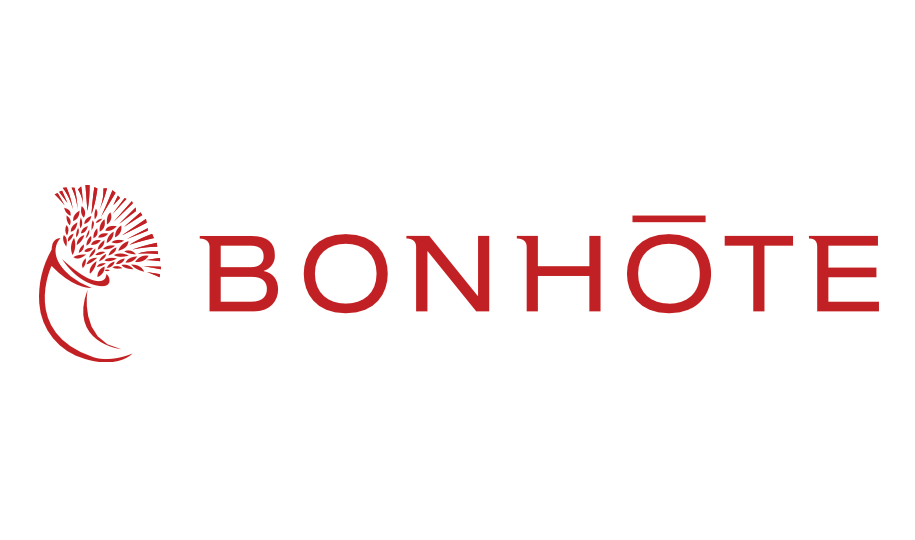Banque Bonhôte launches ESG fund strategy incorporating catastrophe bonds

Banque Bonhôte & Cie, a Swiss private bank, investment firm and wealth manager, has announced the launch of a new environmental, social and governance (ESG) focused fund strategy that will incorporate catastrophe bonds as one of its allocations.
Pierre-François Donzé, Head of Asset Management at Banque Bonhôte, said that, “Our approach and the integration of ESG criteria, is based on a quantitative allocation methodology to identify appropriate investment opportunities in the entire spectrum of the fixed income bond universe.”
The newly launched Bonhôte Selection Global Bonds ESG fund strategy does not follow a benchmark, instead leveraging quantitative methods to identify assets to invest in from the fixed income universe, based on indicators that define the attractiveness of one type of bond, over another.
These can range from the majority of the global fixed income universe, including sovereign bonds, investment-grade and high-yield corporate bonds.
But in addition catastrophe bonds are a specific asset class that will be targeted for this ESG focused investment fund strategy, the private bank explained.
The private bank notes that, catastrophe bonds, “Offer an advantageous risk/reward and provide useful diversification through a performance that is largely uncorrelated with conventional financial markets.”
Explaining that, “CAT bonds, which are part of the insurance-linked securities (ILS) category, are used by insurers and reinsurers to transfer the risks of predefined events to investors.”
The strategy has been optimised for investors whose reference currency is the Swiss franc and takes into account the cost of currency hedging as well.
The use of ESG criteria to identify opportunities is “a fundamental part of our investment strategy,” Banque Bonhôte & Cie said.
“The fund promotes environmental or social features, or a mix of the two, by investing in the vehicles and securities of issuers with an ESG profile above the median of their peers. Many controversial business activities and sectors are automatically excluded,” the company further explained.
Catastrophe bonds can be up to a maximum of 20% of the ESG investment fund strategy
Julien Stähli, Director of Investments, stated “This new fund gives pride of place to ESG criteria and marks a further step in our long-standing commitment to responsible investment and quantitative approaches.”
Donzé also said the approach taken, “Makes it possible to add value compared to strategies limited to a single market segment. The indicators used estimate the relative attractiveness of the various segments of the bond market on a historical basis.”
He also said that the Global Bonds ESG fund portfolio will be “dynamically rebalanced” when the indicators used suggest this is necessary.
It’s clear that Banque Bonhôte & Cie recognises the investment qualities of catastrophe bonds and the diversifying benefits they can deliver to portfolios, as well as the inherent ESG qualities given their role in the provision of critical disaster risk financing to support the global insurance and reinsurance industry.
As we previously reported, Banque Bonhôte & Cie had said before that catastrophe bonds, as an asset class, exhibits the rare property of price moves that are independent of broader financial markets and so can be considered “the only true source of diversification.”






